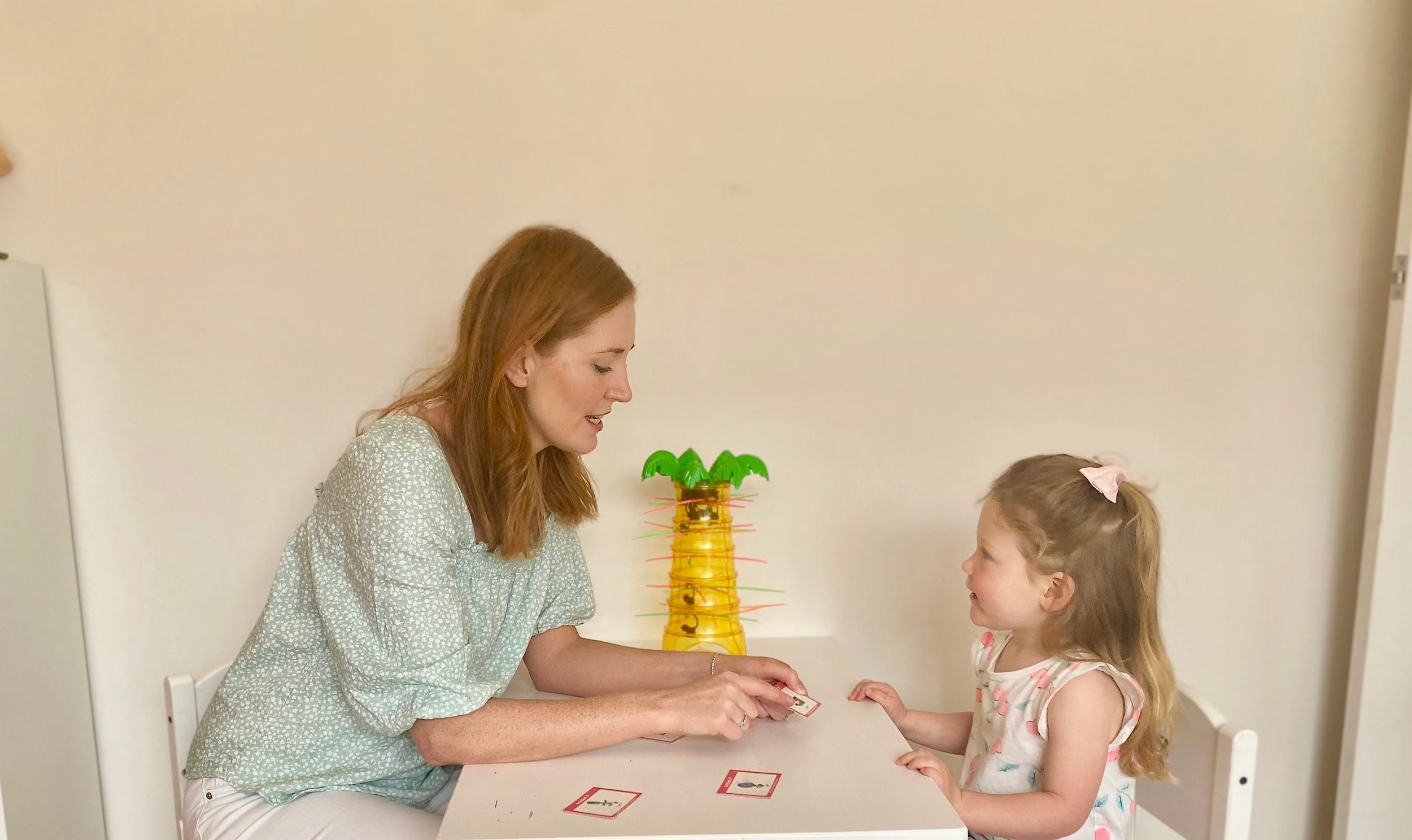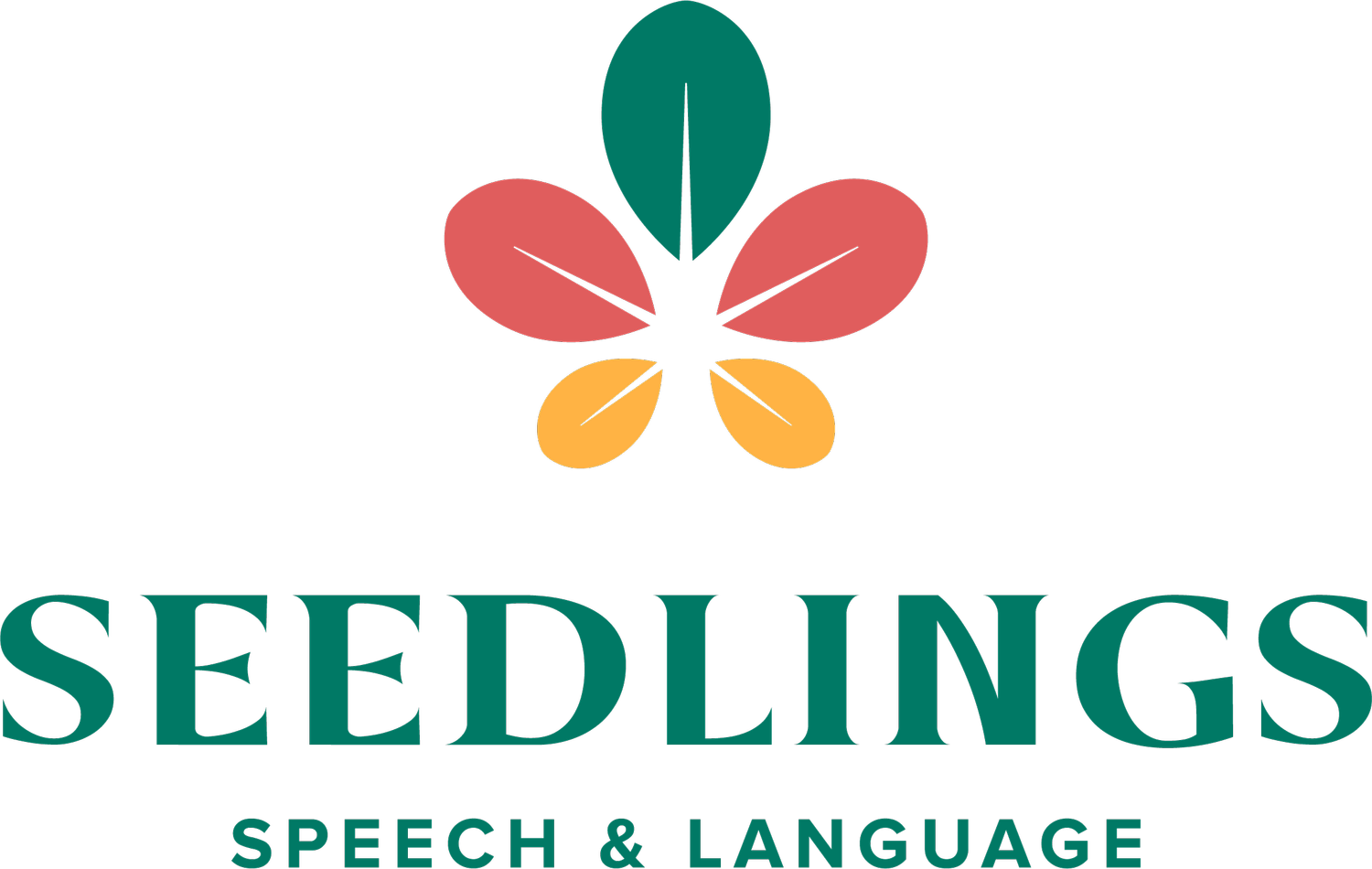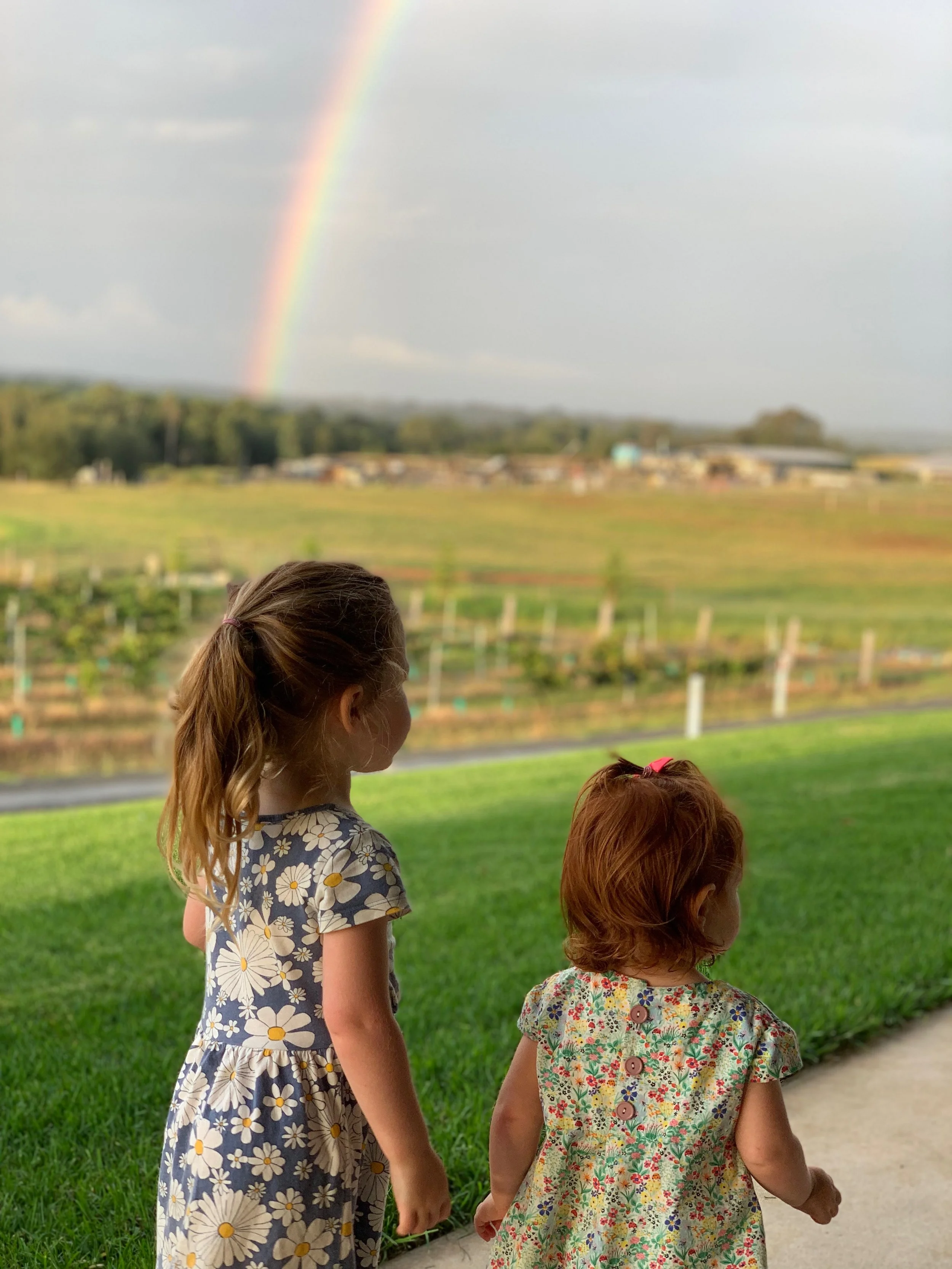
Services
I specialise in working with families to help foster and support their child’s communication needs, in a holistic manner. I engage in therapy with children aged 18 months to 12 years old. Early intervention is strongly recommended when there are concerns with a child’s language development. My service model includes conducting thorough evidence-based assessments, providing engaging, tailored therapy and parent training in the following areas:
SPEECH
ARTICULATION
Does your child have difficulty saying certain sounds?
Our lips, jaw and tongue move in particular patterns to create speech sounds. If your child’s patterns are not typical they may have difficulty with articulation and require therapy to remediate patterns. For example a lisp.
PHONOLOGY
Is your child difficult to understand?
Do they get frustrated when people do not understand them?
Phonology refers to the understanding of how speech sounds function in words. Children with speech sound disorders can be difficult to understand. They may leave speech sounds out of words or use a different speech sound in its place. For example they say “tat” for cat or “won” for run.
I use and tailor the following approaches to each child:
articulation therapy
PROMPT (Prompts for Restructuring Oral Muscular Phonetic Target)
phonological therapy approaches
cued articulation
LANGUAGE
RECEPTIVE LANGUAGE
Does your child find it difficult to follow instructions or understand what you are saying?
Receptive language refers to how we understand spoken language. This includes following verbal instructions, understanding questions, understanding a range of concepts and vocabulary, as well as comprehending stories and conversations. Some children may appear to not listen or follow instructions at home, daycare or school. This may be associated with underlying difficulty with comprehension. Early intervention is important if you are concerned your child has difficulty understanding language.
EXPRESSIVE LANGUAGE
Does your child struggle to string words together in sentences?
Expressive language refers to how a child uses verbal language to effectively convey what they want to say. This includes using correct grammar, sentence structure, vocabulary and forming logical ideas. Children who have expressive language difficulties may not have babbled much as a baby, have delayed first words and are considered a late talker. They might struggle to think of a word they want to say, form sentences that don’t make sense or use incorrect grammar. The first five years of a child’s life are most critical for learning language.
PRAGMATIC LANGUAGE
Does your child have difficulty with their social skills?
Pragmatic language is the understanding and use of the social language skills required in communication. This includes non-verbal communication such as eye contact, facial expressions and body language. It also involves understanding appropriate social interactions such as turn taking, holding a conversation and higher level language (humour, idioms, sarcasm).
LITERACY
Does your child have difficulty sounding out words?
Do they guess words when reading or struggle to understand what they read?
Literacy refers to being able to read, comprehend, write and spell. Literacy is complex and as such there are many areas that children can present with difficulties.
At Seedlings, I ensure that all skills required to read fluently, spell and write are assessed in order to create an individualised therapy plan.
Therapy is underpinned by the evidence based, systematic phonics approach, SPALDING. Using this approach, I build the foundations of literacy to ensure your child can identify, read and write all individual letters, letter combinations (e.g. sh, th, ow) and multiple sounds letters can make (e.g. A can make “a” for apple, “ay” for paper, and “ah” for ask).
STUTTERING
Does your child frequently repeat sounds (b-b-b-because), words (He, he, he fell over) or phrases (I saw-I saw -I saw it there)?
Do they seem to get stuck when trying to say a word?
A child who stutters knows what they want to say however can not say it fluently. Children can stutter in different ways.*
It is recommended to seek professional advice early if you are concerned your child may have a stutter that persists longer than six months or you have a family history of stuttering.
I use evidenced based stuttering programs tailored to each child and family including:
The Lidcombe stuttering program
School-age stuttering therapy
Prolonged Speech
*School-age stuttering therapy: A practical guide (Reardon-Reeves, 2013)
Location
Seedlings is a mobile service that conducts face-to-face appointments at homes, schools or preschools in the Sutherland Shire, Sydney.
Suburbs include but are not limited to:
Cronulla, Woolooware, Caringbah, Lilli Pilli, Miranda, Yowie Bay, Gymea, Gymea Bay, Grays Point, Sutherland, Kirrawee, Sylvania, Kareela and Jannali.
Telehealth appointments are also available.





